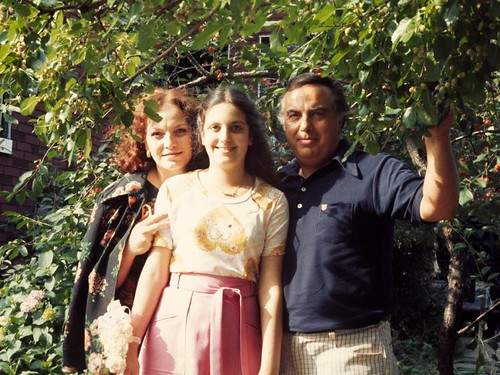
The ’70s were a time when things felt simpler, even if the world was changing fast around us. Life moved at a slower pace, and many of the things we barely noticed back then now feel rare, even magical. From the way we communicated to how we spent our free time, here are the little everyday things from the ’70s that we didn’t realize we’d one day miss so much.
Talking on the Phone Without Seeing Who Was Calling
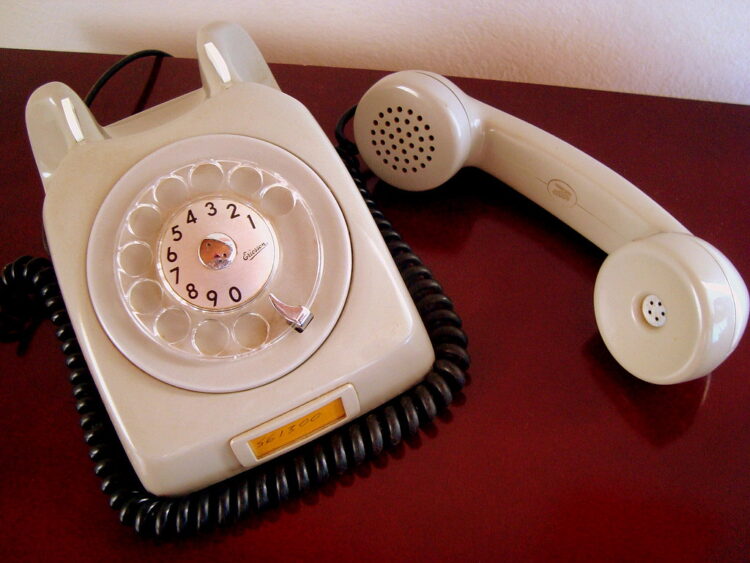
Back then, the phone rang, and you just picked it up. You had no idea who it was until you said hello, and somehow, that surprise felt totally normal. There was no caller ID, no texting ahead, and no way to screen anyone. We didn’t think twice about it, but now it’s wild to imagine answering without knowing what, or who, was waiting on the other end.
Riding in the Back of a Station Wagon With No Seatbelt
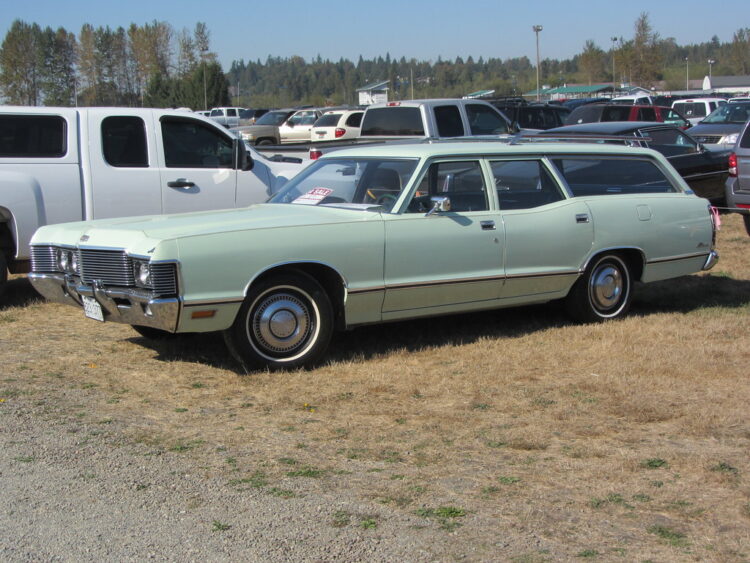
Long road trips meant kids piled into the back of a wood-paneled station wagon, sitting on blankets or facing out the rear window. There were no seatbelts back there, and no one worried about it. It felt like a moving clubhouse, and we didn’t realize at the time how free, and how risky, it really was. We just knew it felt like the best seat in the car.
Having Dinner Together Every Night Without Distractions
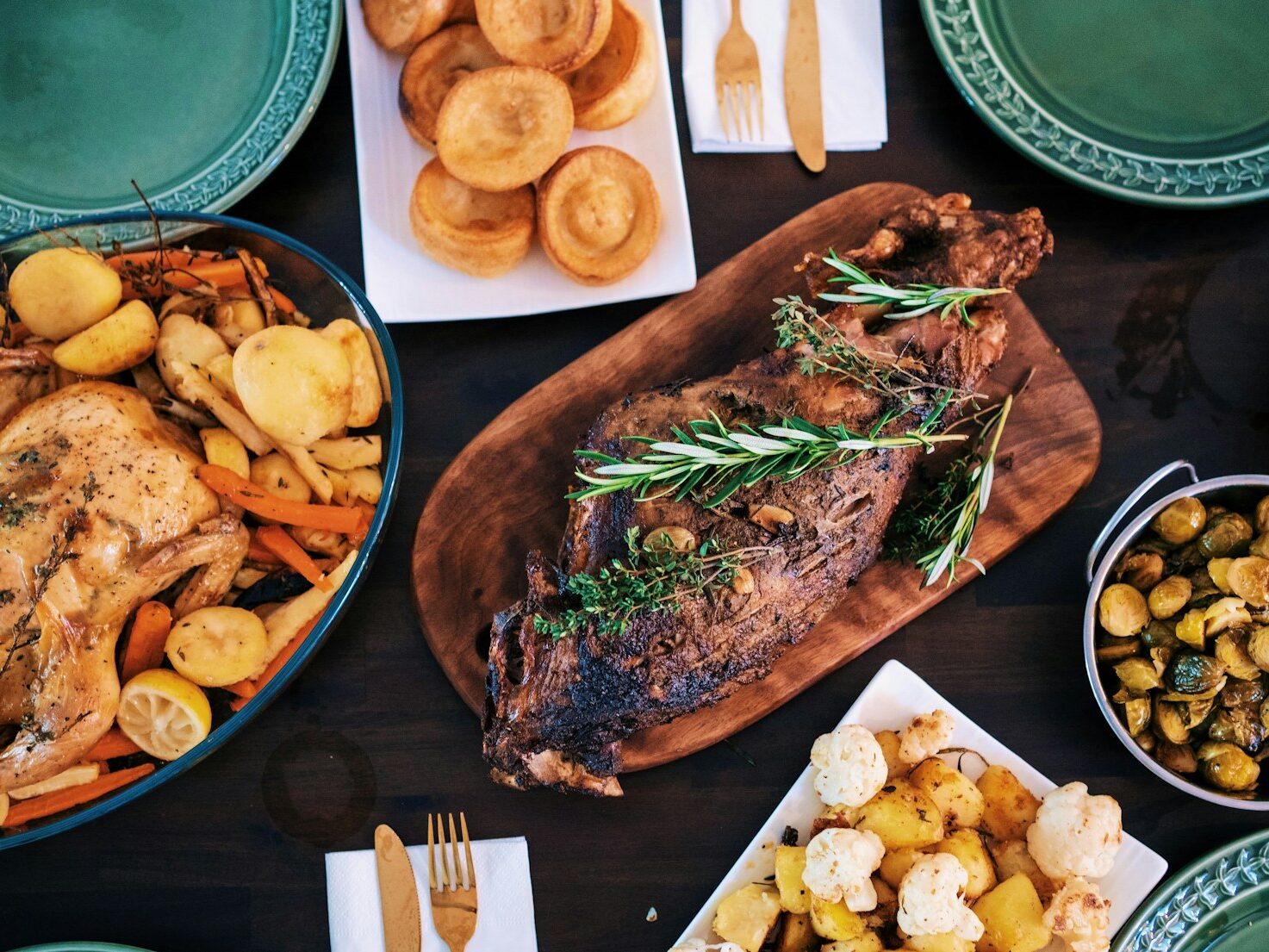
Families actually sat down together for dinner almost every night, and there weren’t phones buzzing or TVs playing in the background. People talked about their day, passed dishes around, and just ate—no scrolling, no background noise, just time together. We didn’t call it “family time” back then because it was just normal, but today it feels like something we lost without meaning to.
Waiting All Week for Your Favorite TV Show
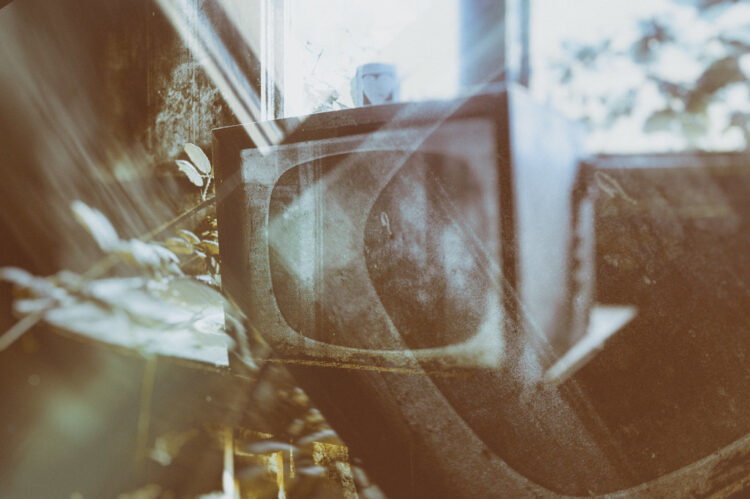
There was no binge-watching or streaming. If your favorite show came on at 8 PM on Thursday, you planned your whole night around it. Missing an episode meant waiting for a rerun months later. And somehow, that made every show feel more exciting. You really watched it when it came on because you had one shot, and that made the moment feel bigger.
Playing Outside Until the Streetlights Came On
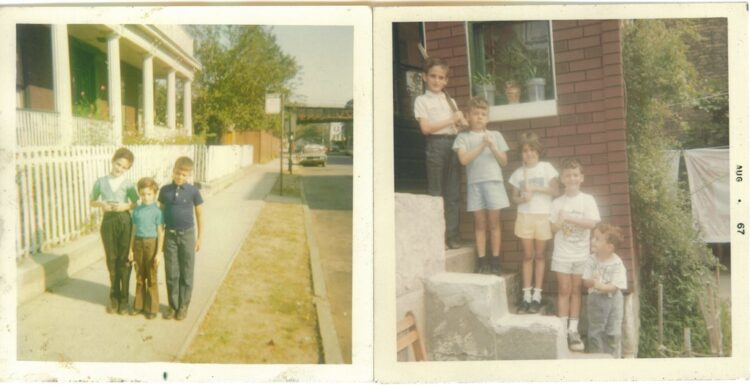
You didn’t need plans or a playdate. Kids just headed outside and didn’t come back until it got dark. There were no cell phones, no GPS tracking, and somehow, everyone knew when it was time to go home. We didn’t think twice about riding bikes for hours or turning the sidewalk into a chalk masterpiece. It was freedom we didn’t realize was rare.
Reading the Newspaper for Everything You Need to Know

From world news to movie times, the newspaper was your one-stop shop. You’d sit at the kitchen table with a cup of coffee and read it front to back. There was no endless scrolling or updates every five minutes—just one edition a day. It felt like enough back then, and somehow, it was enough. We trusted it, we used it, and we didn’t think twice.
Listening to the Radio and Hoping Your Song Came On
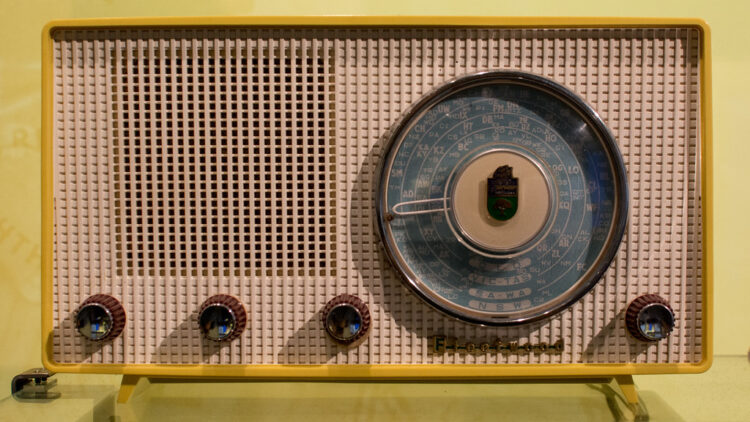
If you loved a song, you couldn’t just play it anytime. You had to wait for it. When it finally came on the radio, you turned the volume all the way up and hoped your cassette tape was ready to record. It was unpredictable and imperfect, but hearing that one track felt like a little reward after all the waiting. Now, that patience feels like a lost art.
Getting Letters in the Mail That Weren’t Bills
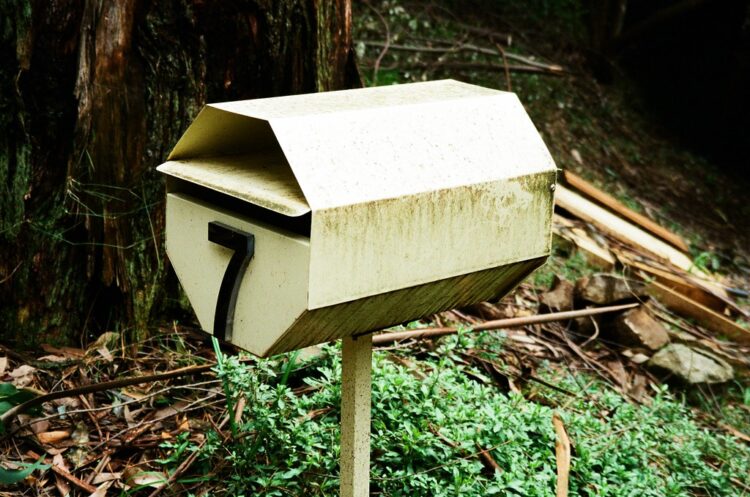
People used to write actual letters on paper, with pens and send them just to say hello. Whether it was a postcard from vacation or a long note from a friend, getting mail felt personal. You’d read it slowly, maybe save it in a box, and it always made your day. We didn’t realize how rare handwritten messages would become once emails and texts took over.
Flipping Through a Real Photo Album
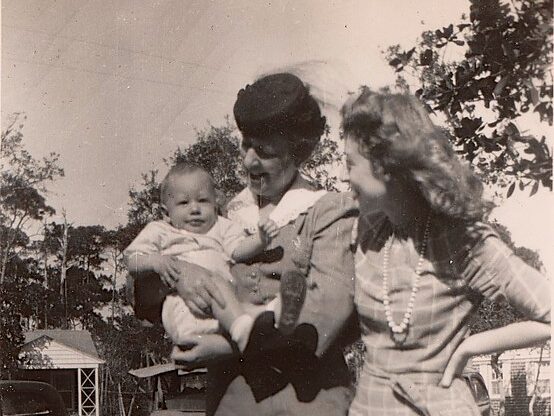
Before everything lived in the cloud, you had to wait days to see how your photos turned out. When the prints came back, you’d put them in an album and flip through them like a storybook. Blurry shots stayed in, too, because even the bad photos were part of the memory. There was something honest and warm about holding those moments in your hands.
Using a Phone Book to Find Everything
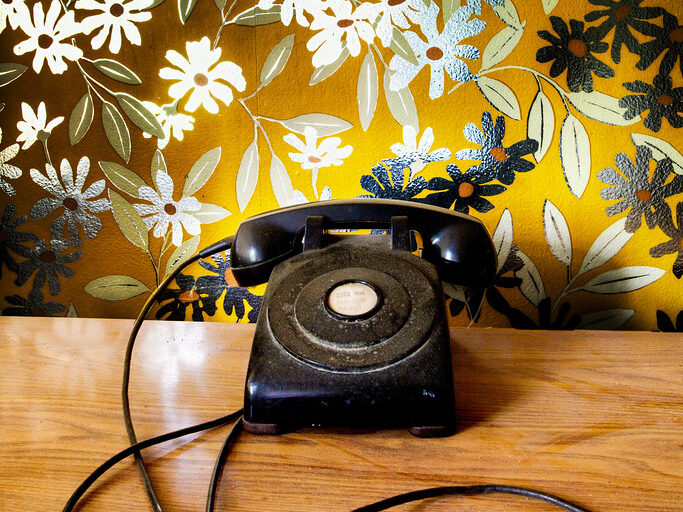
If you needed a number, you didn’t search the internet—you grabbed the giant phone book. Whether it was a plumber, a pizza place, or a neighbor down the street, it was all there in those thin pages. It was bulky and awkward but somehow comforting. We didn’t realize we’d one day look at phone books like ancient relics from a slower, paper-filled world.
Going to the Library Just to Look Stuff Up

When you had a question, you went to the library and flipped through books, encyclopedias, or old magazines to find your answer. It took time, but there was a real satisfaction in tracking something down. You didn’t just Google it, you discovered it. We didn’t realize how much we were learning in the process or how much that quiet research shaped the way we understood the world.
Getting All Your Music from a Record Store
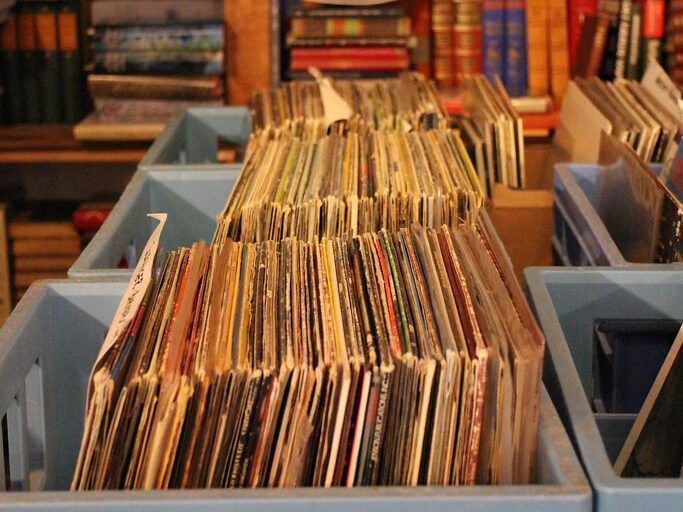
If you wanted music, you had to go out and get it. Browsing through albums or flipping through cassettes at the record store was part of the fun. You’d read the liner notes, admire the cover art, and sometimes buy something just because it looked cool. We didn’t realize how special that hands-on experience was until everything became digital and invisible.
Sending Kids to School With Zero Tech
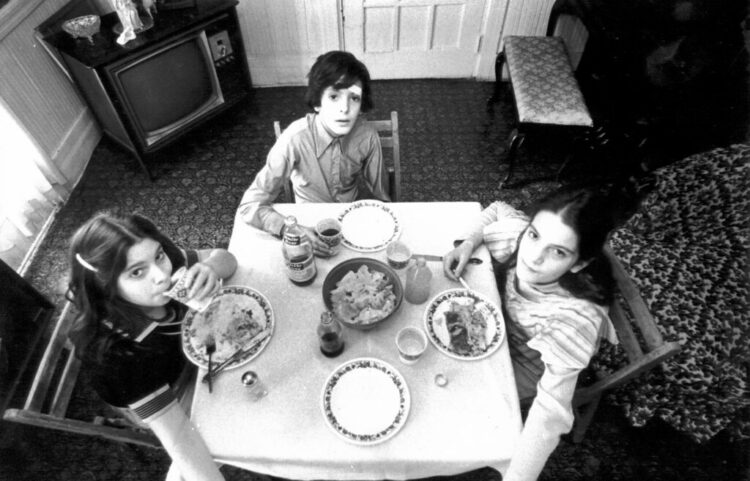
There were no laptops in backpacks or phones in pockets—just pencils, notebooks, and maybe a Trapper Keeper. If you needed to call home, you used the office phone. It was quieter, simpler, and focused. No apps, no group texts, no constant notifications—just you, your classmates, and the chalkboard. It wasn’t perfect, but it kept things a lot less chaotic.
Finding Surprise Toys in Cereal Boxes

Opening a new box of cereal was an event, not because of the food—but because of the toy inside. Whether it was a plastic ring, a mini puzzle, or a temporary tattoo, it made breakfast feel exciting. We’d dig our hands down to the bottom just to get it, and no one cared about germs. It was a tiny thrill we took for granted every time.
Having Time to Be Bored Without Feeling Guilty

There wasn’t always something to watch or scroll or check. Sometimes, you just stared out the window, laid on the floor, or played with whatever was nearby. Being bored wasn’t a crisis. It was part of life. And from that boredom came daydreams, doodles, and ideas. We didn’t know how important it was to slow down and not be entertained every second.

